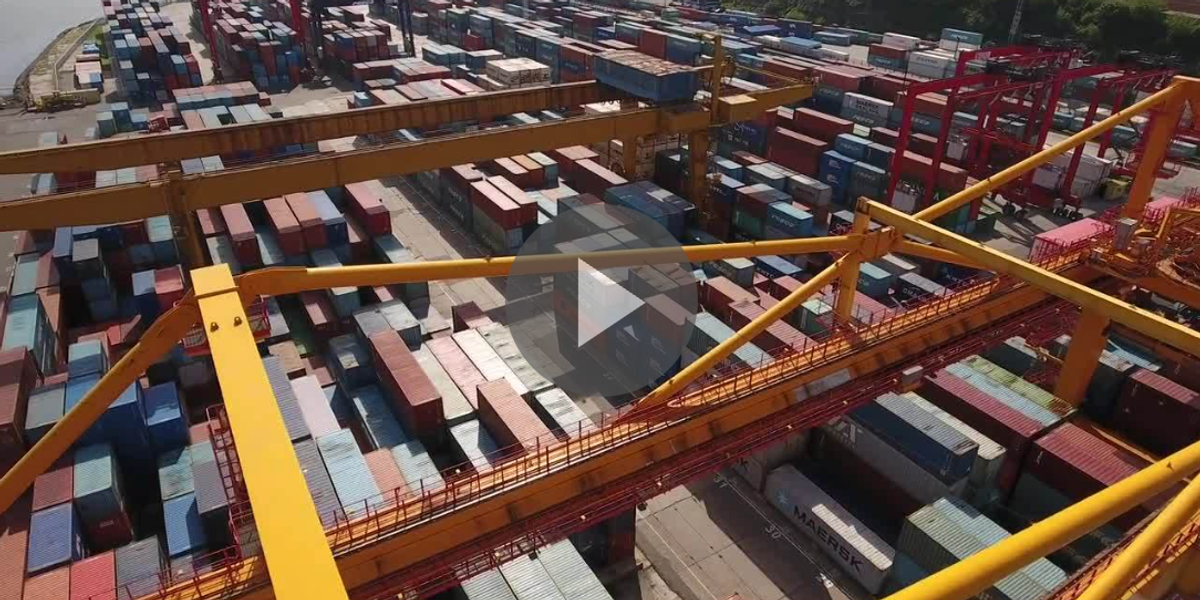As the logistics industry navigates global uncertainty and technological opportunity, a study from supply chain software vendor Descartes finds that the most significant challenges that freight forwarders and customs brokers expect to face over the next five years include: global instability (60%), tariff changes (42%), and customer pricing pressure (61%).
To manage those headwinds, 67% of respondents said they view technology as fundamental or highly important to growth, and 55% cited implementing new technologies as the top strategy to grow over competitors. The results came from Descartes’ “Global Forwarder/Broker Benchmark Study” of more than 400 companies.
More specifically, respondents viewed the ability to leverage automation and artificial intelligence (AI) as vital to achieving long-term efficiency, compliance agility and profitability. AI (65%) was cited as the technology expected to deliver the greatest value to organizations over the next two years. While many traditional technologies experienced a decline in perceived value, both rate management (20%) and regulatory compliance systems (30%) showed gains in 2025
Other key findings include:
- Manual processes hinder growth: 25% cited manual workflows as the top inhibitor to growth, with smaller companies especially constrained by limited access to capital (27%).
- AI dominates technology investment: 55% of respondents plan to prioritize AI investment over the next two years.
- Competitive edge shifting: Tailored services (33%) overtook high service (31%) as the top competitive advantage, signaling a move toward more customized and data-driven customer experiences.
“Over the nine editions of the study, the role of technology has changed significantly for freight forwarders and customs brokers—from streamlining back-office operations, to enabling digital customer engagement, to harnessing intelligent automation,” Scott Sangster, General Manager, Logistics Services Providers at Descartes, said in a release. “This shift is mirrored in the industry’s IT investment priorities, which have evolved in step with technological maturity: from technology for efficiency in 2019–2020, digitization in 2021–2022, and now intelligence and automation through 2025.”
The study drew results from a survey of 434 freight forwarders and customs brokers across North America, EMEA, APAC and Latin America, including Descartes customers, industry publication readers, and members of seven trade associations: Airforwarders Association (AfA), Association of International Customs and Border Agencies (AICBA), British International Freight Association (BIFA), Canadian International Freight Forwarders Association (CIFFA), European Association for Forwarding, Transport, Logistics and Customs Services (CLECAT), International Federation of Freight Forwarders Association (FIATA), and National Customs Brokers & Forwarders Association of America (NCBFAA).


